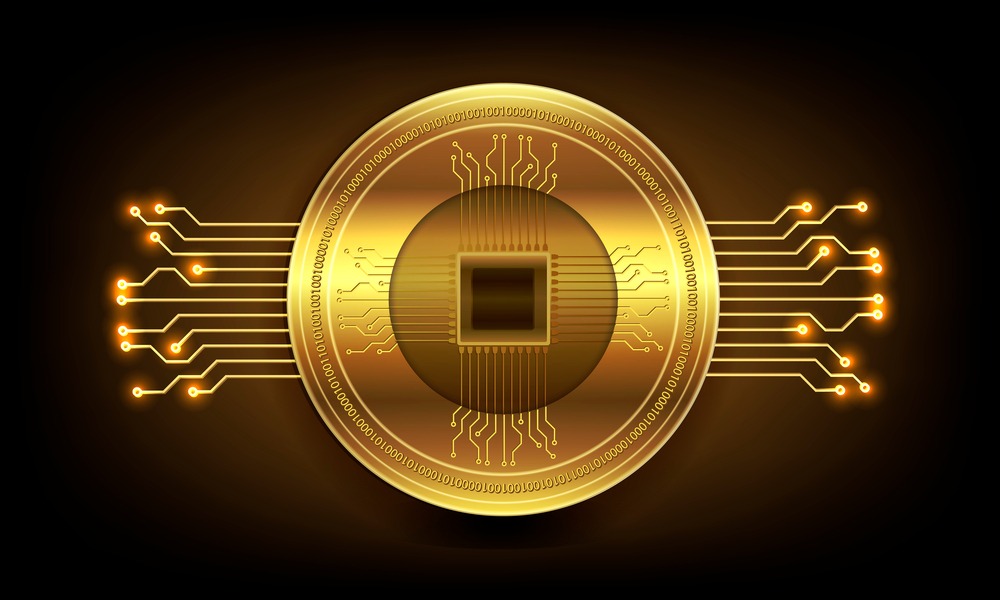Today, we are witnessing the dawn of the global era of tokenization. It has silently but surely started impacting various aspects of our lives, whether we choose to accept it or not. One area that stands to benefit immensely from this formidable form of new-age disruption is the world of Financial Investment Services and Capital Markets. This year is quickly shaping up to be the year we put real-world assets into fractional ownership on the blockchain, using smart contracts.
While the token economy took its own time to kick-off, even though bitcoin was introduced as early as in 2009 - the exponential growth in interest over the last couple of years comes as little surprise to anyone. Trading in cryptocurrencies has increased substantially in recent years. The underlying blockchain technology is touted to be one of the biggest factors contributing to the success of cryptocurrencies. With its inherent capability to facilitate tokenization of financial assets and to allow transactions to be carried out seamlessly across the globe, in real time, and in a decentralized, secure, transparent and tamper-proof manner, blockchain has - not surprisingly - found multiple alternative use-cases, well beyond the world of digital currencies.
Within the first five months of 2018, startups worldwide had raised over $13 billion through the issuance of new digital tokens, and there are well over 1,300 different digital currencies today. Switzerland, USA, and Singapore launched over 500 ICOs within H1 of 2018. Several crypto asset hedge funds have sprung up, increasing from about 11 in 2016 to over 80 in 2018, and managing around $2 billion in capital. Governments too have started to take notice - Dubai and Singapore are exploring the potential of tokens and digital currencies, while Venezuela has raised $5b via its oil-backed cryptocurrency, the Petro (PTR). The United Arab Emirates (UAE) announced plans for the approval of initial coin offers (ICOs) as an approved means of fundraising for domestic companies, starting in 2019.
The emerging token economy
However, we are only at the beginning of the emerging token economy and have yet to realize its full potential. Tokens could represent everything of value, from physical objects to real estate, from loyalty points at your favorite store to creative products (whether a physical work of art or a song), even service leases and time shares.
Security tokens, or tokenized securities, are a blockchain-based form of investment representing fractional ownership of real-world assets (including but not limited to stocks and bonds, commodities, and artwork). These investments are powered by smart contracts, and are subject to regulation and security laws not unlike more traditional financial instruments. Looking at a security tokens list shows just some of the possibilities for tokenized assets.
Security and asset-based tokens offer a decentralized and democratized platform for conducting peer-to-peer (p2p) transactions between owners/consumers and businesses. Eliminating the need for a central institution to oversee and manage transactions of such security tokens can greatly help reduce transaction fees and settlement times, automate several functions and processes, and increase transparency in the dealings. Security tokens will also help unlock enormous pools of liquidity in the system, creating vibrant secondary markets for previously illiquid assets.
Greater visibility and control over individual investments, large unlocked pools of liquidity and improved settlement times will increase interest among investors and attract a larger, global, and far more inclusive and diverse customer base for security tokens.
Being consensus-driven, such security tokens built over blockchain platforms will help remove the middleman and greatly reduce costs by eliminating intermediaries like the investment banks, venture capital firms, and private equity establishments. This will not only democratize the investment and funding environment, but also diminish friction and reduce the incidence of corruption by manipulating the system.
The next wave
Security tokens are seeing momentous growing popularity. Early movers have already started to tokenize equity, maritime assets, real estate projects, and more. The next wave of digital exchanges designed to support trading of security tokens are already here, and it makes them far more versatile, moving way beyond cryptocurrencies.
Given the many advantages of tokenizing securities, what we are currently looking at is just the tip of the “Tokenization Iceberg”… and there’s a whole lot more to come.
About the author: Floyd DCosta is CEO at Blockchain Worx – for more information, visit his author page.

